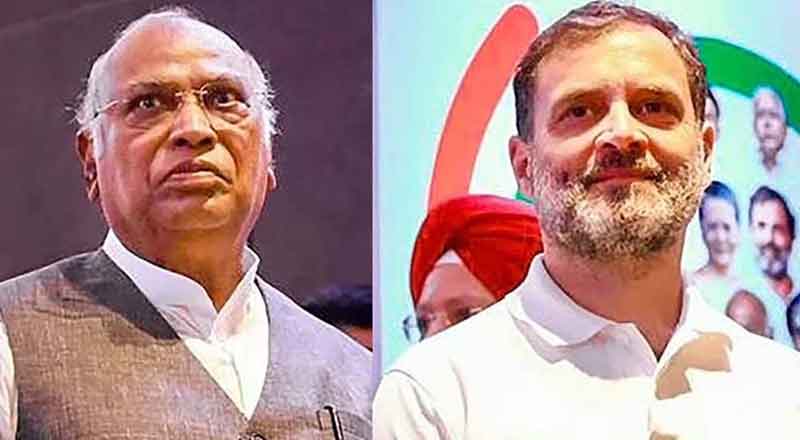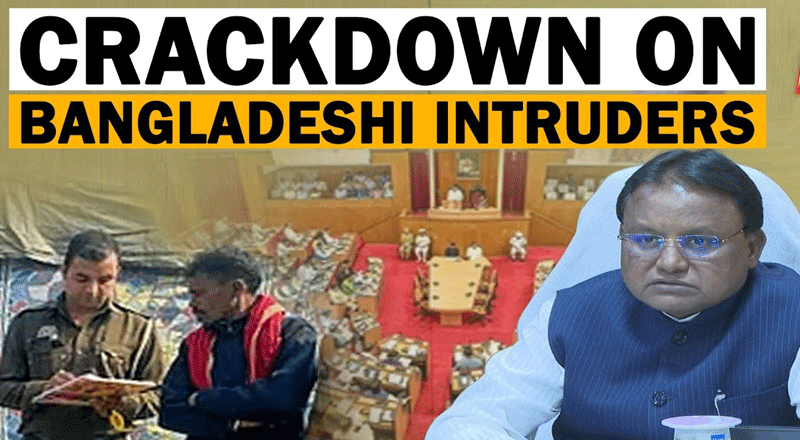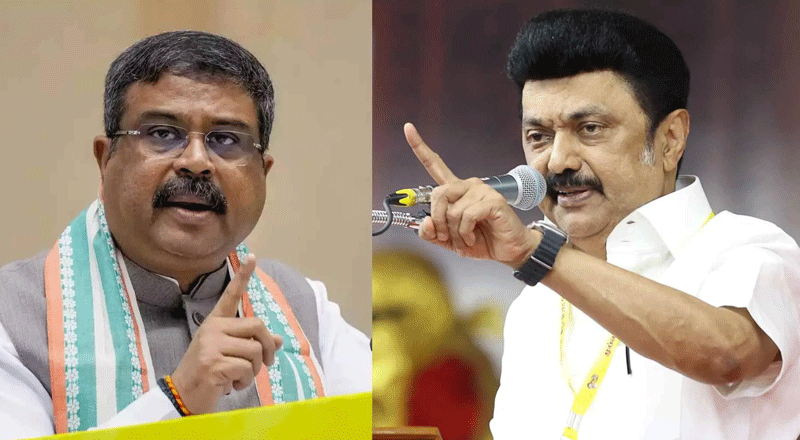Election Process Begins
The Election Commission has officially set the wheels in motion for the long-awaited assembly elections in Jammu and Kashmir by issuing a notification for the first phase of polling. This marks a significant milestone in the democratic process for the Union Territory, which last held assembly elections in 2014. The first phase of voting, scheduled for September 18, will cover 24 seats across the region, setting the stage for what promises to be a closely watched electoral battle.
Candidates interested in contesting in this phase have until August 27 to file their nominations. The scrutiny of these nominations will occur the following day, with the deadline for withdrawal of candidature set for August 30. This election will be conducted in three phases, with subsequent rounds of voting scheduled for September 25 and October 1.
The seats up for grabs in this first phase span a wide geographic area, including Pampore, Tral, Pulwama, Rajpora, Zainapora, Shopian, D H Pora, Kulgam, Devsar, Dooru, Kokernag (ST), Anantnag West, Anantnag, Srigufwara-Bijbehara, Shangus-Anantnag East, Pahalgam, Inderwal, Kishtwar, Padder-Nagseni, Bhadarwah, Doda, Doda West, Ramban, and Banihal. These constituencies will be pivotal in determining the early momentum of the election, with the major political players gearing up for a fierce contest.
Congress and National Conference: A Potential Alliance?
As the election process kicks off, all eyes are on the potential alliance between the Congress and the National Conference (NC), two key opposition parties that could significantly impact the outcome of the polls. Rahul Gandhi, the Leader of Opposition in the Lok Sabha, and Congress President Mallikarjun Kharge, are visiting Jammu and Kashmir on a two-day trip to explore this possibility. Their visit comes amid growing speculation about a pre-poll alliance between the Congress and NC, despite recent statements by NC President Farooq Abdullah indicating that no such alliance was on the cards.
During their visit, Gandhi and Kharge are expected to hold critical meetings with local party leaders in Jammu on Wednesday, followed by discussions with the NC leadership in Kashmir on Thursday. These meetings are seen as crucial in determining the nature of the alliance and the seat-sharing arrangement between the two parties. Congress General Secretary K C Venugopal has stated that the visit is part of the party’s preparations for the upcoming assembly elections, adding fuel to the speculation about a potential tie-up.
A Precarious Political Landscape
The political landscape in Jammu and Kashmir is particularly complex, with both the Congress and NC being part of the opposition INDIA bloc at the national level. However, their collaboration in Jammu and Kashmir has had mixed results. In the recent Lok Sabha elections, the two parties had a pre-poll alliance, with Congress contesting in the Jammu division and Ladakh, while NC focused on the seats in Kashmir. The results were disappointing for Congress, which failed to win any seats, while NC secured two out of three seats in Kashmir.
Despite this setback, Congress remains optimistic about its prospects in the upcoming assembly elections, particularly in the plains and Chenab Valley regions. Party leaders believe there is growing discontent with the BJP in these areas, driven by issues such as unemployment, rising prices, and a perceived lack of development. Newly appointed J&K Pradesh Congress Committee President Tariq Hameed Karra has voiced the party’s readiness to ally with any party or individual opposed to the BJP and its policies, hinting at a broader coalition strategy.
The upcoming assembly elections in Jammu and Kashmir are poised to be a turning point in the region’s political landscape. With 90 assembly constituencies set to go to the polls, the stakes are high for all major political players. The potential alliance between Congress and NC, if finalized, could reshape the electoral battleground, making the election even more unpredictable.
As the campaign heats up and the first phase of voting approaches, the decisions made by party leaders in the coming days will be critical in shaping the future of Jammu and Kashmir’s political landscape. The outcome of these elections will not only determine the next government in the Union Territory but also have far-reaching implications for the broader national political scenario.
(With inputs from agencies)





